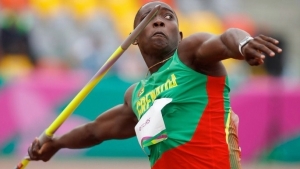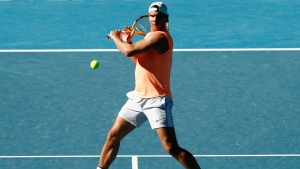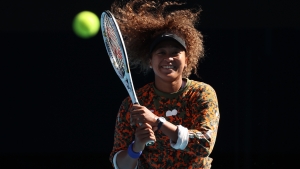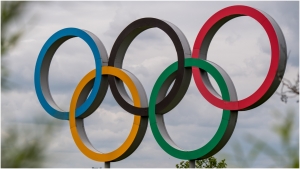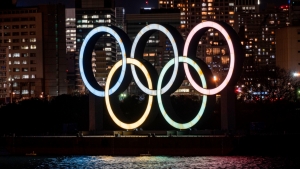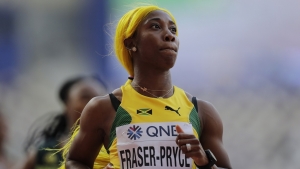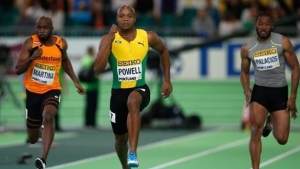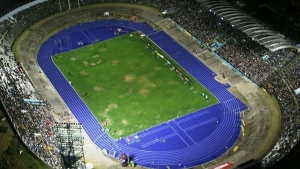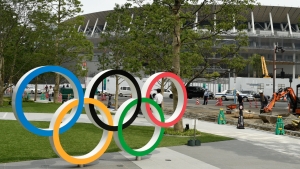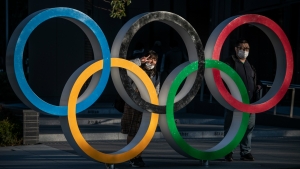Olympic chiefs have been joined by the Japanese government in denying a report that the Tokyo Games is poised to be called off for a second time.
The delayed Tokyo 2020 event is due to officially open on July 23 and close on August 8, having been put back by a year because of the COVID-19 health crisis.
However, with the pandemic still causing devastation in countries across the globe, there have been concerns that staging an Olympics in 2021 may be impractical.
British newspaper The Times quoted an unnamed senior Japanese government source as saying: "No one wants to be the first to say so but the consensus is that it’s too difficult. Personally, I don't think it's going to happen."
That is a perspective that is hotly disputed, with International Olympic Committee (IOC) president Thomas Bach telling Kyodo News: "We have at this moment, no reason whatsoever to believe that the Olympic Games in Tokyo will not open on the 23rd of July in the Olympic stadium in Tokyo.
"This is why there is no plan B and this is why we are fully committed to make these Games safe and successful."
Japan has strict border controls in place in an attempt to prevent travellers spreading coronavirus and bringing new strands of the virus into the country.
The IOC executive board is due to meet on January 27, when it is set to receive updates from the Tokyo organising committee.
A recent poll of Japanese public, conducted by broadcaster NHK, found there was widespread opposition to the Olympics going ahead this year.
The Times said Tokyo would look to host the 2032 Olympic Games.
Yet Australian John Coates, an IOC vice-president and chair of the Tokyo Coordination Commission, says the plan remains for the Games to be held in its current slot.
"There has been no discussion on cancellation," Mr Coates told The Ticket, an ABC radio show.
"At the end of the day, politicians do have to take into account the feelings of those inside their party and the general public.
"But this is not the message we are getting from Prime Minister Yoshihide Suga or the president of the Tokyo Organising Committee Yoshiro Mori, himself a former Prime Minister."
In Japan, deputy chief cabinet secretary Manabu Sakai told media that the prospect of a Games cancellation was not under consideration.
He said: "There is no such fact. I would like to deny it. The government is working as one to prepare for the success of the event this summer."
























